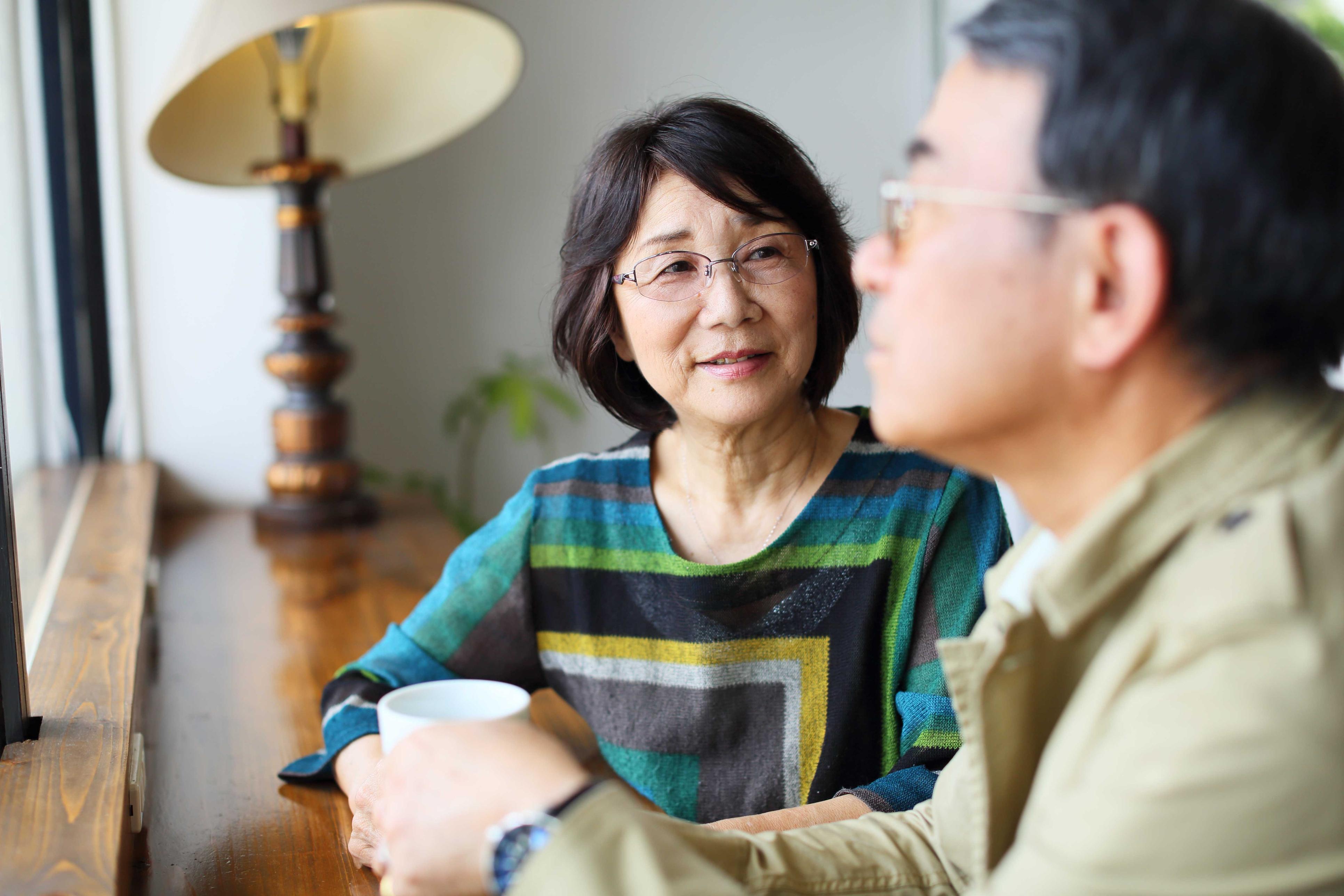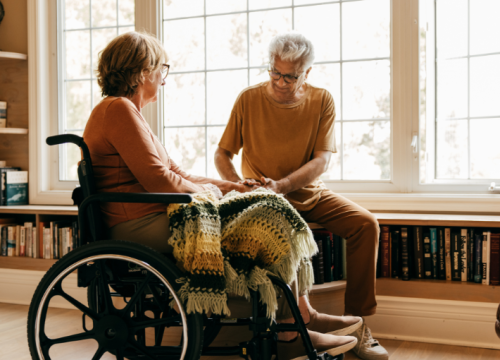What You Can Do to Prevent Care Partner Burnout

Whether helping a spouse or parent acclimate to the news of a new Parkinson’s disease (PD) diagnosis to caring for a loved one with advanced Parkinson’s ― and every stage in between ― everyone’s care partner journey brings its own set of questions, feelings and challenges. It is a role that you grow into over time, with the help of advice from those who have already lived through it.
Prevent care partner burnout with the below #KeystoPD shared by care partners and people with Parkinson’s:
Don't give up! Don't isolate yourself, reach out to friends, family, support groups, reach out. Don't try and do everything for the person who has Parkinson's, we will ask when we need help. Be patient with us, even when it takes us way more time to do the things we used to do quickly. Keep us moving for as long as we can. Most of all, never ever feel guilty when you have a day off or when you need a day off.
- Vicki B.
Find support and make time for self care. You really can't do it all on your own, and if you don't reach out for support, you'll burn out and then you won't be doing anyone any favors.. Take even 30 minutes every day to do something kind for yourself.
- Topher C.
Have open, honest conversations. Focus on what is going well instead of the fear factor of the diagnosis.
- Barbara D.
Take care of yourself. Self-care is essential, not an indulgence. Find your tribe- feeling abandoned and isolated as a care partner is not unusual. Learn about anticipatory grief, grieving the loss of a loved one while they are still living. Sadness, guilt, fear, anger, love, loss of your own independence and life - all normal as you watch your loved decline. Find out what can bring you a measure of peace and what makes you feel good for balance. Eat, sleep, drink water and don't neglect your medical appointments.
- Terryn N.
Find opportunities and communities to connect with others who share your experience.
- Outdoormindset
Educate yourself so you can help advocate for your loved one. If your loved one with PD is seeing a specialist, accompany them at their appointments if possible. Research the resources available for people with PD in your community.
- Nancy H.
Patience. Kindness. Love. Patient will need all of it, all you can give.
- Juan J.G.
Join a group. Out of that group, find at least one or more care partners to meet with for coffee. Be each other's support. You need a friend who is walking the same walk.
- Cyndie C.
Yoga classes for both myself and my husband with Parkinson's. It helps me practice my daily mantra in coping with PD - patience, patience, patience - in addition to the physical benefits of improving strength, flexibility and balance.
- Terry T.
Make it a priority to eat healthier.
- Susan Geiss
Learn to advocate. Speak up with the doctors. Don't be timid or too accommodating they are getting paid and they work for you. Ask questions and ask for more information or clarification if doctors or therapists are unclear or you are unsure. Exercise. Not just important for the patient but for you too! I started doing pilates to help me get stronger, teach me how to breathe better and relieve stress. Don't lose your sense of humor. Savor the good days. Make memories. Take pictures. Find small moments of joy or gratitude.
- Molly Spradley
You are not alone, the Parkinson’s Foundation is here for care partners. Find available resources and learn more at Parkinson.org/Caregivers.
Related Blog Posts

3 Essential Resources for 3 Different Kinds of Care Partners

Advanced Parkinson’s Care: Practical Ways to Help Your Loved One
